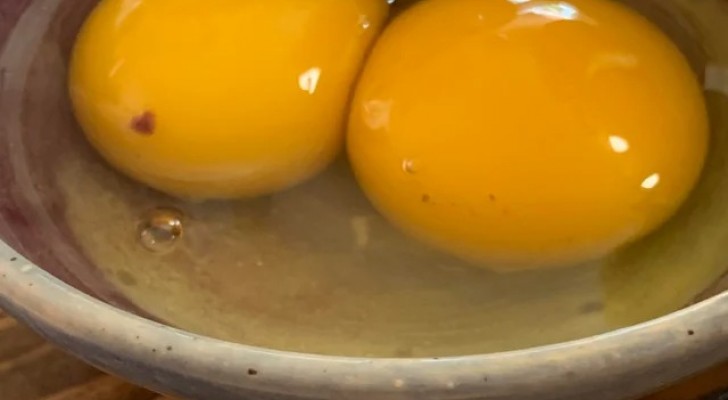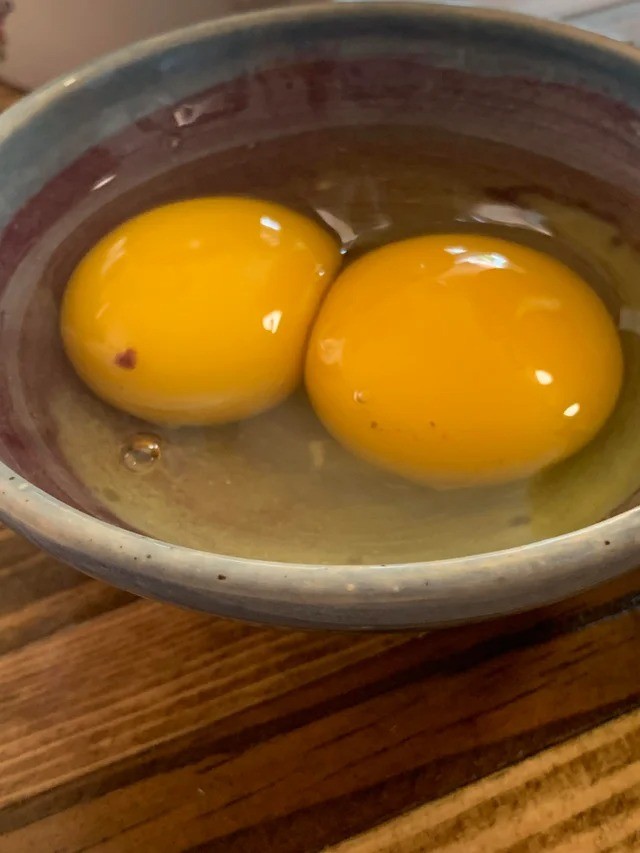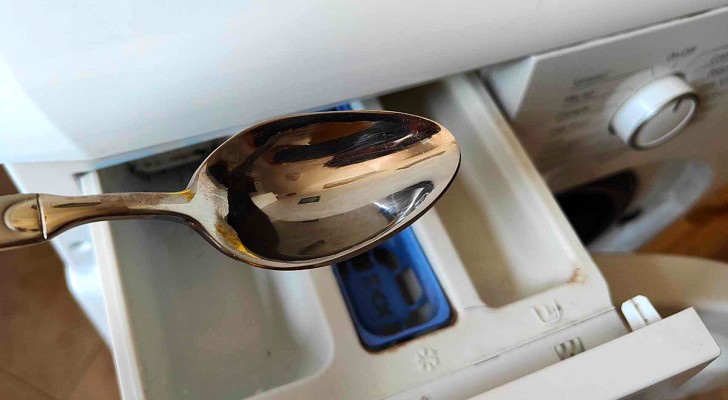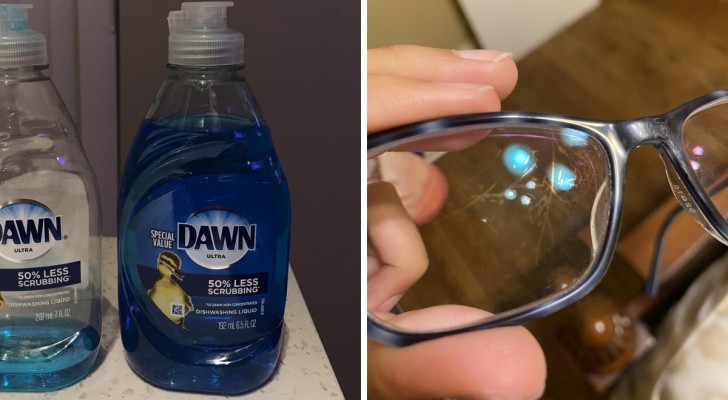Red or brown specks in eggs? Here's what they are

Eggs have always been a precious food resource for those who follow an omnivorous diet. They are rich in essential nutrients for our body and their consumption is considered really important for everyone's well-being and health. However, they must be consumed with care, making sure that they have not gone bad and paying attention to how many are consumed over time. An excess could cause negative effects to one's health.
It is advisable, then, to choose eggs that are produced by chickens that do not come from production-intensive farms, but from chickens that are raised free-range. The rule of thumb is to avoid large-scale distributors as much as possible and to favor markets or chicken breeders that you know. All this must be done to safeguard one's health and protect the environment.
All this information, however, can make one suspicious about the slightest flaw in an egg. This can reach a point when even just a little red dot in the yolk or in the albumen can scare one off eating it (even if there is no valid reason for this worry). Read on to find out more:

It sometime happens that, on cracking open an egg, one can come across red dots or small red or brown spots/specks present in the yolk, and sometimes also in the albumen (the white). This might put us off eating the egg altogether.
There is a widespread, commonplace belief that these dots mean that the egg has been fertilized. And it is normal that, faced with this, some people feel uncomfortable or even guilty about eating the egg. It's really a question about how sensitive one is. But for those who are overly sensitive, however, they will be happy to know that these specks have nothing to do with the fertilization of an egg.
The red or brown dots are nothing more than small spots of congealed blood caused by the rupture of some blood vessels during the egg's formation. It is a natural phenomenon and analogous to what also happens in humans. And it has nothing to do with either possible fertilization or the edibility of the eggs themselves. These eggs are safe to consume.
Were you already aware of this information?





